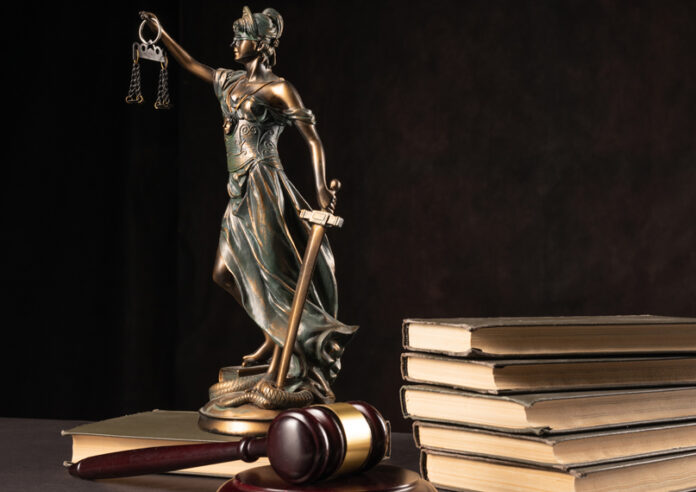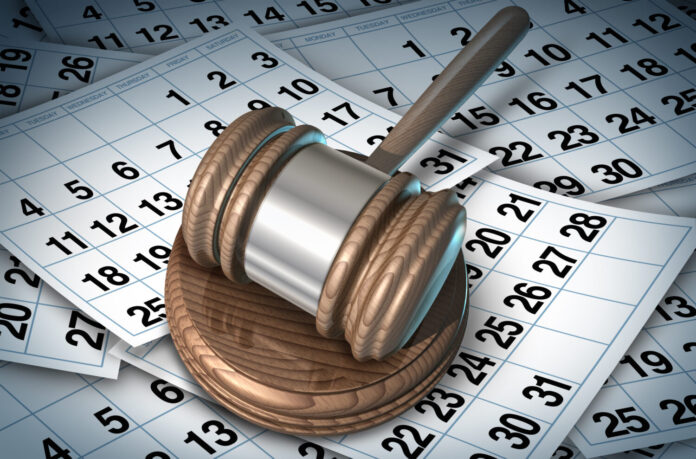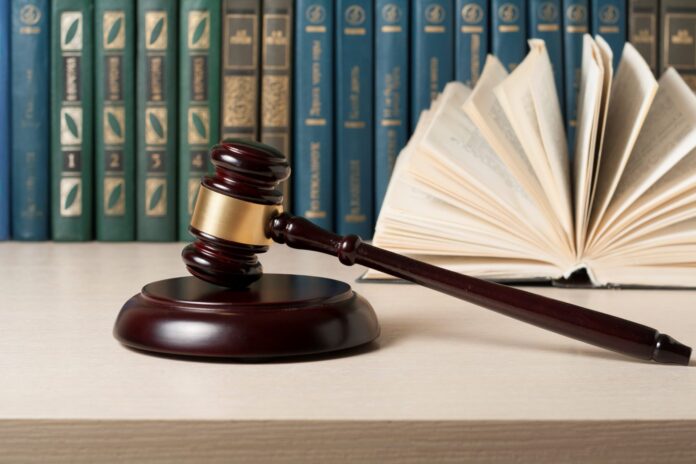The judiciary is a vital part of democratic governance and acts as an essential component in the complex system of government. It does more than just interpret laws and resolve disputes; it also shapes policies, upholds constitutional values, and protects individual rights. In this article, we will discuss the diverse responsibilities of the judiciary as key players within the governmental structure, examining their influence on the legal, political, and social environments.
The Foundations of Judicial Independence
A key characteristic of the judiciary as stakeholders is their independence. This separation from the executive and legislative branches allows them to interpret and apply the law without bias or influence. This independence forms the foundation of the rule of law and safeguards individual rights, as it protects the integrity of the judiciary from external pressures.

Interpreting Laws and Constitutional Principles
Fundamentally, the judiciary acts as the ultimate interpreter of laws and defender of constitutional principles. Judicial stakeholders hold a crucial role in resolving legal disputes by applying existing laws to specific cases. They also possess the authority to interpret constitutional provisions, ensuring that government actions adhere to the highest law in the country. This interpretive power enables the judiciary to shape our legal system and impact the direction of societal progress.
Checks and Balances
The idea of checks and balances is essential to democratic governance, with the judiciary playing a central part in upholding this balance. As judicial stakeholders, they can review and, if necessary, overturn actions taken by the executive or legislative branches if found unconstitutional. This authority serves as a vital check against potential abuses of power, preventing any single branch from becoming too dominant and ensuring that government actions remain aligned with constitutional principles.
Protecting Individual Rights
One of the most significant contributions of judicial stakeholders is their role in safeguarding individual rights and liberties. Through the adjudication of cases, the judiciary ensures that the rights enshrined in the constitution are not violated by government actions or legislation. This protective function extends to all citizens, fostering a society where individuals can seek redress when their rights are infringed upon, regardless of their status or background.

Shaping Public Policy through Precedent
Beyond resolving individual cases, the judiciary, as stakeholders, shapes public policy through the establishment of legal precedent. Precedent, or judicial decisions that serve as authoritative examples for future cases, becomes a guiding force for legislative and executive branches. The creation of legal doctrines and principles through precedent-setting cases has a profound impact on the development of laws and policies, influencing the broader legal landscape for years to come.
The Role of Judicial Review
Judicial review serves as a crucial tool for the judiciary to play their role as stakeholders, making sure that government actions adhere to the values outlined in the constitution. This authority allows courts to assess the legality of laws, executive orders, and administrative rulings. When the judiciary exercises judicial review, it helps maintain the balance of power among different branches of government and prevents any potential overreach.
Addressing Societal Evolutions
As society evolves, so too must the interpretation of laws and constitutional principles. Judicial stakeholders play a vital role in addressing societal changes and adapting legal interpretations accordingly. Landmark cases often arise when societal norms and values shift, requiring the judiciary to navigate uncharted legal territory and provide guidance on how the law applies to contemporary issues.

Ensuring Fair Trials and Justice
A fundamental aspect of the judiciary’s role is ensuring fair trials and dispensing justice. Judicial stakeholders are tasked with upholding the principles of due process, impartiality, and the fair administration of justice. Their decisions set standards for legal proceedings, contributing to the establishment of a legal system that is just, transparent, and accountable.
Engagement for Judicial Transparency
Government stakeholder engagement in the judiciary extends to fostering transparency and accountability. Judicial stakeholders recognize the importance of engaging with the public, legal professionals, and advocacy groups to demystify legal processes and enhance understanding. Public engagement initiatives, such as open hearings, educational programs, and outreach efforts, contribute to building trust in the judiciary. By proactively involving stakeholders, including the broader public, in discussions about legal principles and decision-making processes, the judiciary promotes transparency, strengthens the rule of law, and reinforces its commitment to serving the interests of society at large.
International Perspective
The impact of judicial stakeholders extends beyond national borders. In an interconnected world, the judiciary often plays a role in international legal matters, shaping global norms and influencing the resolution of transnational disputes. International courts and tribunals, composed of judicial stakeholders, contribute to the development of international law and the peaceful resolution of conflicts between nations.

Challenges to Judicial Independence
While judicial independence is a linchpin of democratic governance, it faces challenges in various contexts. External pressures, political interference, and threats to the security of judges can jeopardize the impartiality and autonomy of the judiciary. Recognizing and addressing these challenges is essential for preserving the integrity of the judiciary as stakeholders and ensuring the continued protection of the rule of law.
International Human Rights Advocacy
In addition to their domestic role, judicial stakeholders often contribute to international human rights advocacy. Courts and judges participate in shaping global human rights standards by adjudicating cases involving international law violations. Their decisions can set precedents that influence human rights practices worldwide. Judicial stakeholders engage with international organizations, contributing to the discourse on human rights, rule of law, and justice on a global scale. This aspect of their role demonstrates the interconnectedness of legal systems and the judiciary’s commitment to promoting fundamental rights beyond national borders.
The Evolving Nature of Judicial Stakeholding
As societies change, so too does the role of judicial stakeholders. The evolution of technology, the increasing complexity of legal issues, and the interconnected nature of global affairs contribute to an ever-changing landscape. Judicial stakeholders must adapt to these changes, embracing innovation while upholding the core principles of justice, fairness, and constitutional adherence.

Conclusion
In the intricate dance of democratic governance, the judiciary stands as an enduring force, shaping the legal, political, and societal landscape. As judicial stakeholders, they embody the principles of justice, fairness, and constitutional adherence, ensuring that the rule of law remains a guiding force in the functioning of governments. The judiciary’s legacy is not merely written in statutes and legal opinions; it is etched in the preservation of individual rights, the checks and balances of government, and the evolution of legal principles that reflect the values of a dynamic society.





![Calgary’s Hottest Neighborhoods for Luxury Homebuyers [2024]](https://thewashingtonote.com/wp-content/uploads/2024/04/Calgary-324x160.png)



